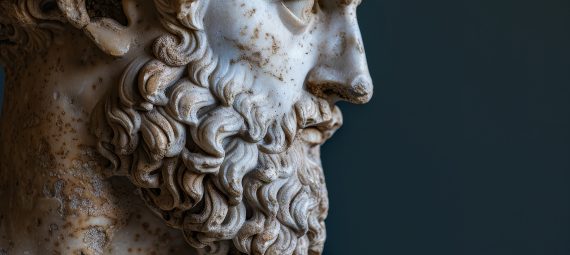It’s curious, isn’t it? How much time we spend looking at our own reflections on screens, and yet how little we truly see ourselves. We have access to more information about ourselves than ever before, but our ability to understand who we truly are is becoming increasingly fragmented.
Self-knowledge, once the domain of philosophers and poets, now competes with a thousand other inputs, each claiming to reveal something definitive. Personality tests. Daily affirmations. Data-driven insights. But the soul—if it exists in any knowable way—has never submitted easily to measurement. It is not a pattern to be decoded, but a presence to be lived with.
What does it mean to be truly self-aware in a world of constant distraction? To exist not just as an echo in the digital void, but as a person grounded in the present, aware of the self that is not shaped by others’ expectations or technological frameworks?
Many mistake self-awareness for self-monitoring. But to know oneself is not to constantly watch, correct, or optimize one’s performance. It is to hold a sustained inner gaze. To sit with contradiction without rushing to resolve it. To trace the architecture of your desires, even the ones that remain inconvenient or unexplained.
The ancient charge to “know thyself” was not a call to build an identity, but to deconstruct one. To strip away the false constructions inherited from family, culture, and fear. It is not self-branding—it is self-excavation.
There is something quietly radical about turning inward without an agenda. Not to fix, not to improve, but to listen. To pay attention to the shape of your thoughts before they are polished for presentation. To stay with what you find there, even if it resists language or certainty.
True self-awareness is rarely convenient, and almost never clean. But it is the beginning of freedom. Not because it offers clear answers, but because it leaves you less susceptible to borrowed ones.

